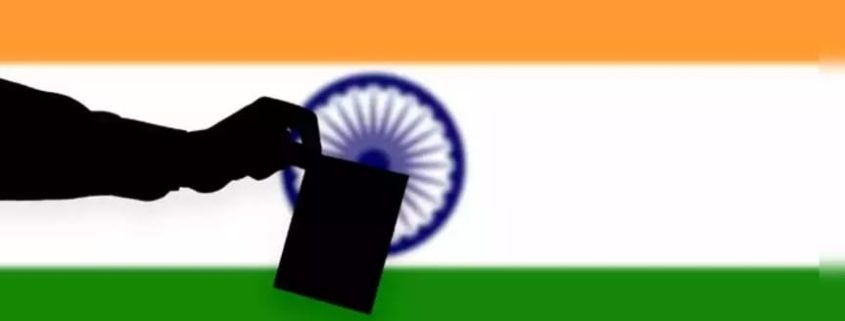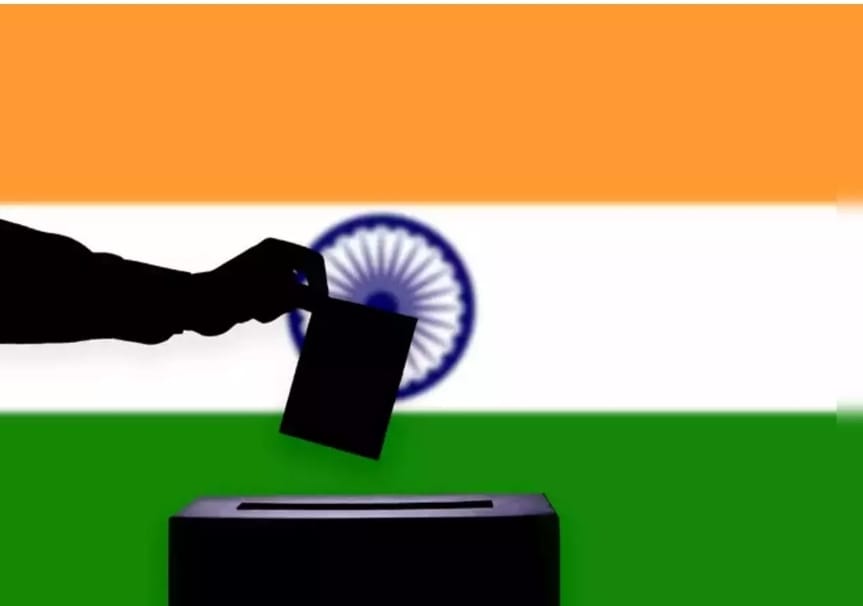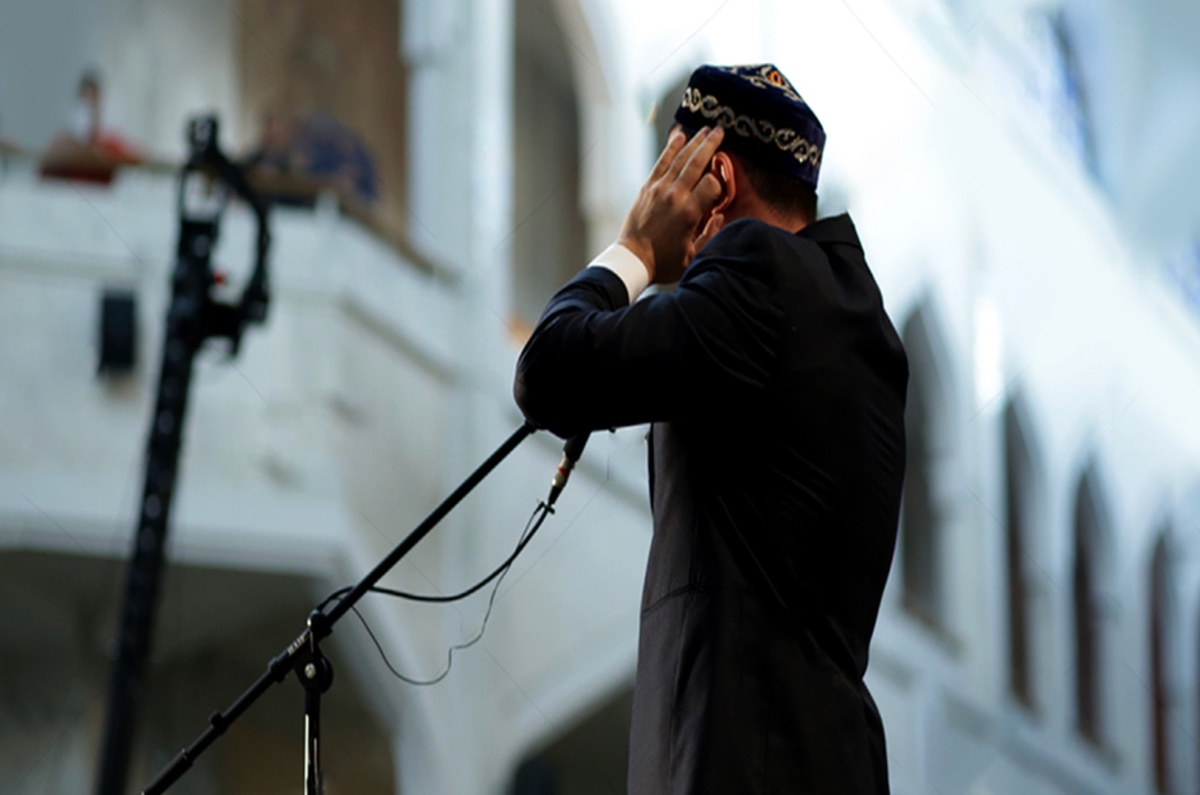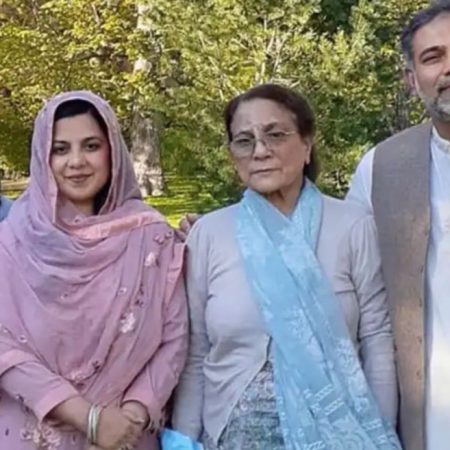Modi’s BJP Loses Majority in Indian Lok Sabha After 2024 General Election
By Yousuf Ali
India concluded its multi-part general election process that started on June 1 after its start April 19. It yielded surprising results with the ruling party losing its majority in India’s lower legislature, the Lok Sobra, despite still being the largest party. As a result, the prime minister Narendra Modi will have to depend on his coalition partners to form a majority government.
The campaign was marked by increased anti-Muslim rhetoric from the Hindu nationalist BJP in addition to its long record of Islamophobia.
According to Al Jazeera, this played out, particularly in the state of Uttar Pradesh: “ State authorities, ruled by BJP Chief Minister Yogi Adityanath, brought in earthmovers to bulldoze the building Fatima called home for years, following a tactic that Amnesty International has described as deliberate “punishment to the Muslim community.”
The Indian Hate Lab recorded two anti-Muslim hate events per day in 2023. In that respect, many Muslim voters voted for opposition parties to defeat legislators from the government.
In addition to issues related to religious minorities, other analyses point to flaws in the growth model pursued by Modi’s government. Modi has been widely credited for achieving exemplary economic growth leading to an increased mandate in the general election in 2019.
According to Vox, Indian analyst Yogendra Yadav found that “Indian voters were no longer held spellbound by Modi’s charismatic nationalist appeals and were instead starting to worry about the way politics was affecting their lives.”
The issues he found included criticism of India’s response to the COVID pandemic, tax policies, which benefited the rich and not the poor, and bungled attempts to minimize cash in the economy in favor of electronic payment methods. In addition to the failures of the government, the Indian opposition parties made improvements in their campaigning leading to a better position.
Those opposed to Modi’s rule formed a strategic alliance with India which sought to make sure that the opposition votes were as united as possible in individual constituencies where they would have been divided in previous elections. The opposition found creative and effective ways of campaigning in the face of institutions stacked against them. Per Vox, “strategic coordination between them helped consolidate resources and ameliorate the BJP cash advantage. Direct voter outreach like the yatra helped circumvent BJP dominance in the national media.” While Modi will remain prime minister because of his campaign partners, he will do so with a weaker mandate than he did after the previous two elections.





















2024
1,612 views
views
0
comments